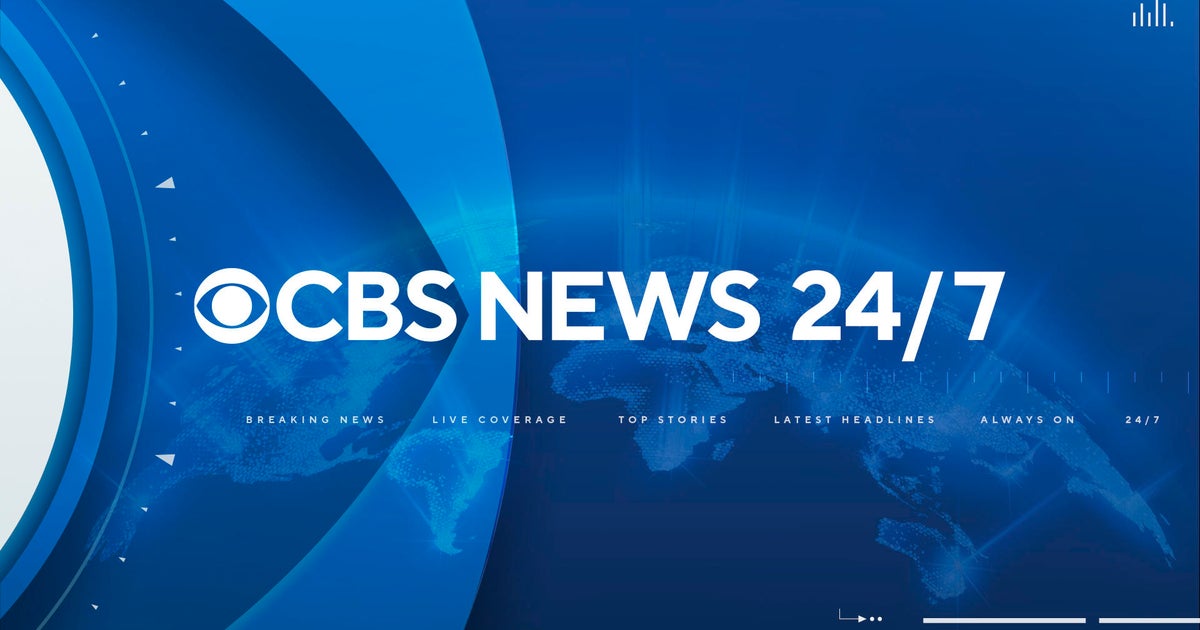Navigating the News Landscape: Tips for Searching For Credible Details
In an age where info is plentiful yet commonly undependable, navigating the news landscape with discernment is critical. Establishing the trustworthiness of resources is the very first step, as understanding the qualifications of authors and the online reputation of their magazines can substantially impact the high quality of info consumed.
Assessing Source Reputation
Examining source reputation is crucial for guaranteeing the dependability of details in an age marked by details overload. As people navigate various kinds of media, from digital posts to social media networks, discerning reliable resources ends up being vital. Trick aspects to consider when analyzing resource reputation include the authority of the author, the magazine's reputation, and the evidence given to support claims.
First, analyze the writer's qualifications and know-how in the topic. Authors with appropriate scholastic or expert histories are more likely to offer trusted insights. Next, take into consideration the magazine's reputation; established media outlets usually stick to journalistic requirements and fact-checking protocols, making them much more credible.
Furthermore, examine the top quality and importance of the proof offered. Credible sources frequently cite peer-reviewed studies, expert interviews, or main data, which strengthens their cases.
Cross-Checking Info
Cross-checking information is an essential method for validating the accuracy of cases and preventing the challenges of misinformation. This procedure involves contrasting information from several reliable resources to determine its credibility.
To effectively cross-check info, it is vital to use varied sources, including developed information organizations, scholastic journals, and specialist viewpoints. Each resource may offer a special point of view or extra context that improves understanding. Pay focus to the publication dates of the details being reviewed, as updates or modifications might have been released.
Additionally, think about the context in which info is offered. Look for proving proof, such as information, meetings, or direct accounts, that lend reliability to an insurance claim. Beware of astonishing headlines or mentally charged language, as these can suggest an attempt to control understanding.
Acknowledging Predisposition and Point Of View
Recognizing prejudice and viewpoint is critical for browsing the facility landscape of details. Every item of information is filtered with the lens of the writer's experiences, beliefs, and affiliations, which can considerably shape the narrative presented. As customers of details, it is vital to identify these prejudices, as they can cause altered understandings of reality.

It is additionally crucial to acknowledge your very own predispositions. Personal ideas can influence just how you translate details, making it necessary to approach information with an important state of mind. Involving with diverse perspectives can assist counteract individual biases, permitting a more spherical understanding of issues.
Eventually, recognizing prejudice and perspective in information coverage is not simply a scholastic exercise; it is a crucial skill for notified citizenship in an autonomous society. By growing this awareness, individuals can make even more informed decisions and add to a more nuanced public discussion.
Recognizing Fact-Checking Resources
Fact-checking resources play his response an essential duty in discerning the precision of details in an era marked by false information and sensationalism. These resources, which include independent companies and on-line platforms, are devoted to validating cases made by somebodies, media outlets, and social media sites posts. They utilize extensive techniques to assess the credibility of declarations, usually citing original sources and supplying context to promote understanding.
Some popular fact-checking organizations, such as Snopes, FactCheck.org, and PolitiFact, concentrate on various topics, from political rhetoric to viral web insurance claims. Their job not just disproves false information but also highlights the significance of evidence-based discourse. By seeking advice from these sources, people can establish a much more critical technique to the info they come across.
In addition, several fact-checking systems supply straightforward user interfaces that enable fast searches by topic or insurance claim, making it simpler for individuals to find relevant information promptly. Involving with fact-checking sources cultivates crucial reasoning and equips customers with the devices necessary to browse the intricate news landscape efficiently, inevitably advertising a more informed public discussion.

Using Trusted News Aggregators
In today's hectic info landscape, trusted news aggregators offer as beneficial devices for people seeking trustworthy news sources. These platforms assemble information posts from different credible electrical outlets, offering users with a consolidated sight of present events. By curating content from developed media companies, aggregators help customers prevent the mistakes of misinformation and sensationalism often widespread in much less trustworthy sources.
When making use of information aggregators, it is crucial to pick ones that prioritize quality over amount. best site Search for systems that utilize rigorous content requirements, ensuring that the information provided is exact and credible. Popular aggregators like Google Information, Feedly, and Flipboard allow customers to personalize their information feeds based on subjects of rate of interest, making it possible for a tailored experience that can enhance understanding and awareness.
Furthermore, aggregators commonly include functions such as fact-checking integrations and individual ratings, additionally assisting consumers in critical reliable information - news. click over here While information aggregators are advantageous, users should continue to be cautious and cross-reference details with main sources when required. By leveraging trusted information collectors efficiently, individuals can browse the complicated media landscape while staying informed with credible and varied viewpoints
Final Thought
In conclusion, browsing the information landscape demands a systematic method to guarantee the usage of qualified information. Evaluating source integrity, cross-checking realities, and identifying prejudices are essential practices for informed discourse. Additionally, utilizing fact-checking resources and trusted news aggregators enhances the ability to discern accurate coverage from false information. By using these approaches, people can add to an extra enlightened public discussion and foster important reasoning when faced with a progressively complex media environment.